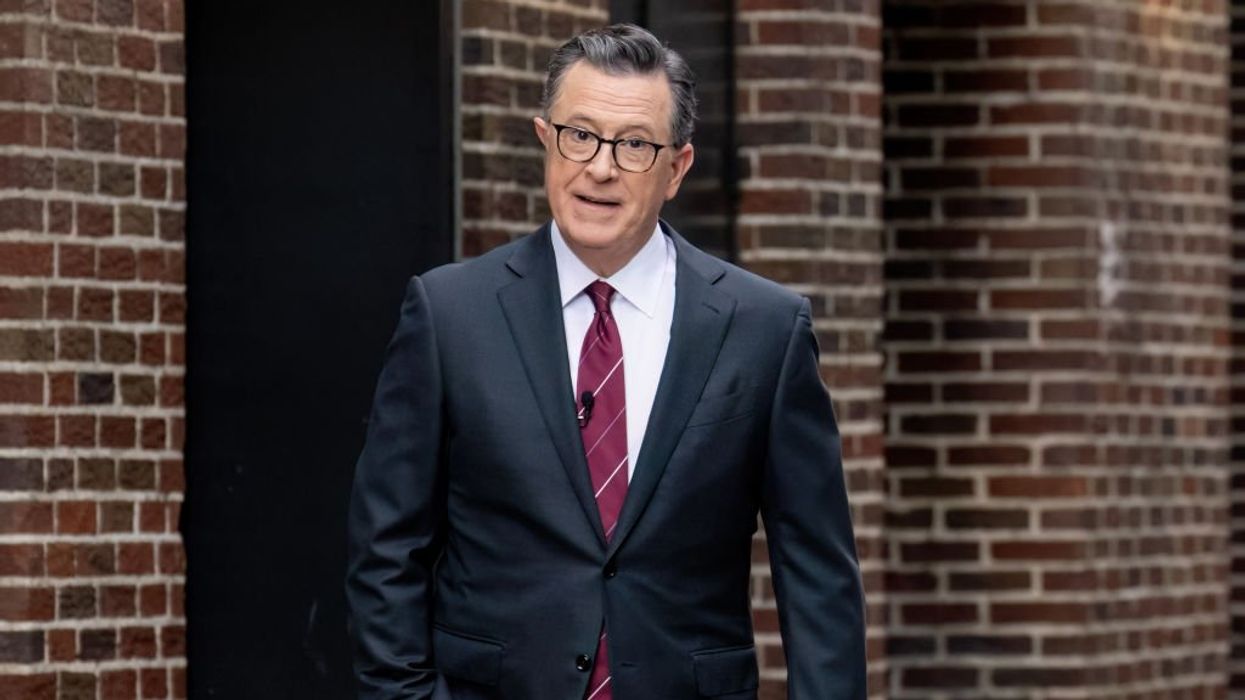The cancellation of The Late Show with Stephen Colbert has sparked a firestorm of speculation, especially given the timing: it came just three days after Colbert publicly criticized CBS’s parent company, Paramount, for settling a defamation lawsuit with Donald Trump for $16 million.
During his July 14 monologue, Colbert called the settlement a “big fat bribe”, expressing deep disappointment in his network. He said, “I don’t know if anything will ever repair my trust in this company. But just taking a stab at it, I’d say $16 million would help.”
- YouTube www.youtube.com
CBS insists the cancellation was “purely a financial decision”, citing challenges in the late-night landscape and denying any connection to the show’s content or the Trump settlement.
Still, several political figures aren’t buying the official explanation:
Sen. Elizabeth Warren called the timing “suspicious” and said, “America deserves to know if his show was canceled for political reasons”.
Sen. Adam Schiff, who appeared on the show the night Colbert announced the cancellation, echoed that sentiment, saying the public “deserves better”.
On the other hand, Trump celebrated the cancellation on Truth Social, writing, “I absolutely love that Colbert got fired. His talent was even less than his ratings”. He also took shots at other late-night hosts, suggesting Jimmy Kimmel could be next.
While CBS maintains that its decision was financial, the convergence of Colbert’s criticism, Paramount’s settlement, and the pending merger with Skydance Media—which requires approval from the Trump administration—has led many to question whether politics played a role.
The media company announced that The Late Show will end in May 2026, with no replacement planned.
The Ripple Effects of Political Influence on Media
Political influence over media isn’t just about who gets airtime—it reshapes how societies think, vote, and engage with democracy.
The relationship between politics and media has long been a subject of debate, with concerns about bias, censorship, and external pressures shaping news coverage and entertainment. While media outlets strive for independence, political influence—whether direct or indirect—can impact what audiences see and hear.
When governments or political actors control media narratives, independent journalism suffers. Governments can exert influence over the media through regulation, funding, or legal pressure. In some countries, state-run media openly promote government agendas, while in others, subtler tactics—such as licensing requirements or defamation lawsuits—may discourage critical reporting.
CNN reports that Trump has filed a libel lawsuit against the publisher of The Wall Street Journal and the reporters who wrote a story about a collection of letters gifted to Jeffrey Epstein for his 50th birthday in 2003. The lawsuit, which seeks at least $20 billion, is an extraordinary escalation of Trump’s ongoing legal campaign against media companies he views as opponents.
Politicians may avoid scrutiny if media outlets are aligned with their interests. Advocates of media regulation argue it ensures accuracy and public interest, while critics warn it can lead to censorship.
Media conglomerates with political ties may prioritize profit or ideology over the pursuit of truth. Media companies often have corporate ties or ownership structures that intersect with political interests. Large conglomerates may avoid controversial topics to protect business relationships, while billionaire owners—some with political affiliations—can shape editorial direction. Supporters claim private ownership ensures diverse viewpoints, but opponents argue it risks prioritizing profit over truth.
Governments may use laws or funding to reward favorable coverage and punish criticism. The CBS Colbert situation highlights the potential influence of political pressure and financial interests on media companies, especially in the context of major business deals and critical commentary against powerful figures.
Political influence on media isn’t just a behind-the-scenes power play—it’s a force that can shape the very soul of a nation.
Hugo Balta is the executive editor of the Fulcrum and the publisher of the Latino News Network.




















Trump & Hegseth gave Mark Kelly a huge 2028 gift